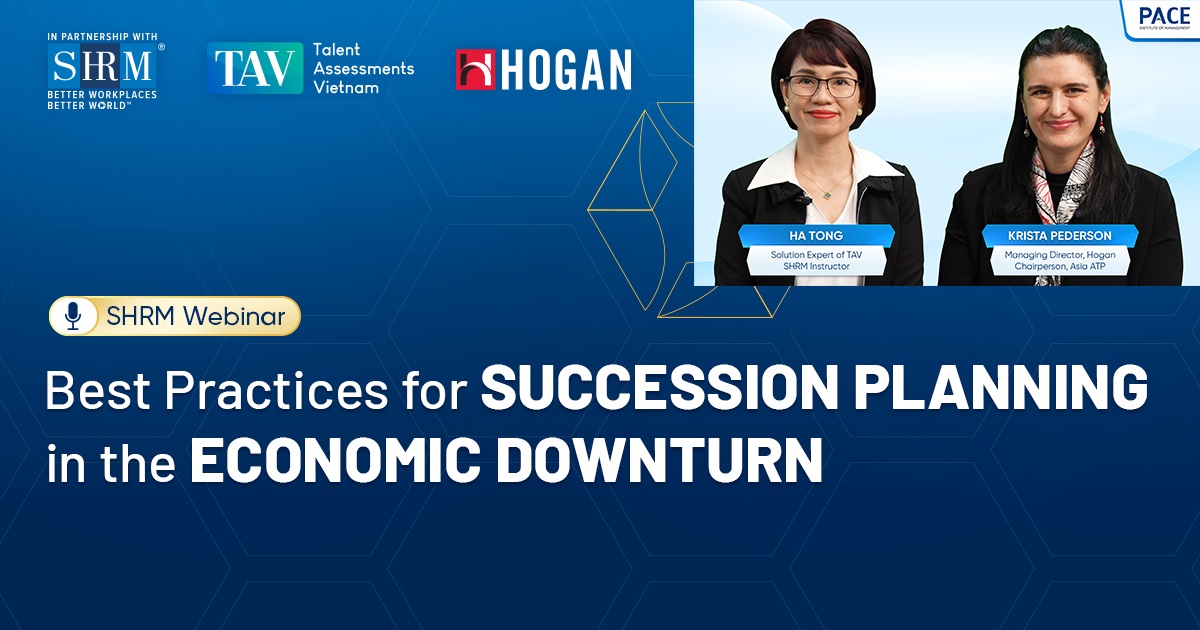HR CAN BOOST YOUR COMPANY'S EFFICIENCY
For years, business and HR experts have talked about the need for human resources to become more engaged in corporate strategy. They're preaching to the choir with Susan Baranowsky, SHRM-SCP, chief administrative officer and HR director for Impact Thrift Stores, a 200-employee nonprofit based in Montgomeryville, Pa. Baranowsky says she has to understand the organization's business in order to recognize how she can best contribute.
"Every day, I walk around and talk to people at all levels," she says. She listens a lot, too. "You have to understand the business well enough to have meaningful conversations."
That way, if managers say they need to hire more people, you'll know what questions to ask in order to make an informed decision about whether or not adding head count is the right solution. At that point, "You take off your HR hat and put on your business hat," Baranowsky says. "It becomes more like project management, where you study the department, come up with a plan to address the issue and make sure it's followed through on."
That sounds great in theory, but what makes it worthwhile in terms of dollars and cents? To find out, HR professionals need to leverage the right analytics.
Baranowsky, for instance, recalls participating in a meeting focused on declining sales. It soon became clear that the company's donation processing center wasn't operating efficiently and products weren't getting to Impact Thrift's stores quickly enough. She recognized it as a manpower issue, and she adjusted staff schedules at the center so that processing synced up with donations, distributions and sales.
Before you jump headlong in to company operations, however, you have to build the foundation for your efforts: the most efficient HR function possible. And that doesn't mean simply making sure the function performs smoothly. The bigger goal is to manage the entire workforce so that it fulfills its role as efficiently as possible.
That may sound daunting, especially if you don't work for a large business with lots of resources. But think of it this way: The smaller the business, the greater the impact HR can have. "If anything, HR in small companies has more of a role in driving efficiency," says Vinay Couto, Chicago-based leader of PricewaterhouseCoopers' People and Organization Strategy practice. That's because smaller firms "don't have the luxury to have managers think about strategic people management—things like performance management and workforce planning," he says. "In those situations, it's even more important for HR to step into the void."
First, Get HR's House in Order
Finding ways to work smarter requires a lot of upfront effort, and technology can he
Finding ways to work smarter requires a lot of upfront effort, and technology can help. "The first thing HR should do is figure out how to reduce administration. Put it in a box and automate the heck out of it," Couto says. "Today, with cloud-based solutions offered with subscription fees, that becomes much more realistic."
"If you're not automated to some degree, I don't think you could do a good job," says Denise Baggett, HR generalist at Ira Higdon Grocery Co., a 55-employee distribution business in Cairo, Ga. "HR's a revolving door of issues from hires to personnel issues," she notes. And although small companies may handle less volume, she believes she faces "the same diversity of issues in the same proportions" as her colleagues at larger businesses.
Fortunately, automating need not require purchasing expensive customized software packages. It can be as simple as developing a deeper understanding of everyday tools. For example, when Baggett took over Ira Higdon's human resource function as a solo practitioner, she built a tool in Microsoft Excel that allows workers to quickly find out how much vacation time they have available. That may seem like a small thing, but it means a lot to employees—and enabling people to get the information directly frees up Baggett from having to respond to one-off requests.
[SHRM members-only resource: Discuss this article on SHRM Connect]
Baranowsky took other steps to streamline Impact Thrift's HR operations with an eye toward reducing costs. She cut the payroll administrator's hours by half and redistributed some related responsibilities. (Workers' compensation was realigned with loss prevention and safety, for example.) Then she reconfigured the organization's point-of-sale system to provide better analytics and began using Google Docs to encourage collaboration.
Inexpensive technology can also help an HR department with limited resources find the right talent for each job as quickly and cost-effectively as possible. "The good news is small companies can do a lot online to brand themselves using blogs, Facebook pages and a careers site geared toward good candidates," says Mike Ciavolino, owner of the 10-employee recruitment advertising agency Shore Creative Group in Long Branch, N.J. "For years, HR's been seen as a revenue drag. We've advocated that it's a revenue driver because you need the right people" to succeed. "Your company may have a vision of being the greatest in its market, but your core talent has to be able to deliver."
Streamlining HR
An HR department that runs at peak performance can help its organization do the same. "Efficiency" includes reaching the best outcomes in a timely and resourceful manner as well as streamlining basic tasks so that you can spend more time on the complex issues. To do that:
| Automate. Look for opportunities to automate as many basic functions as possible. Technology has become available to handle administrative chores like time tracking, payroll and onboarding at increasingly affordable rates. |
| Don't spend needlessly. That said, don't assume you need to purchase new tools to handle basic functions. HR generalist Denise Baggett used Microsoft Excel to build a vacation-tracking tool for the 55 employees at Ira Higdon Grocery Co. "Sometimes you just have to embrace what you have," she says. |
| Use an HR dashboard. Use metrics not only to measure your performance but also to benchmark it against others'. Who those "others" might be will vary depending on your company's size, industry and location, among other things, but simply tracking the cost per check in payroll is only of so much value. It's better to know how your expenses compare to, say, your competitors' or even an industry average. |
| Consider an HRIS. Even for small companies, HR information systems (HRIS) are more affordable, and thus more realistic to consider, than they were five years ago. They'll simplify the task of compiling, tracking and analyzing workforce data. That will help HR identify efficiency challenges and build business cases for solutions across the company. |
|
Audit yourself. Be open to new ways of doing things. "I'm lucky in that I've got a process-oriented team who are always asking why we're doing something in a particular way," says Carolina King, vice president of HR at Lucas Group, a recruiting business. Ultimately, she hopes to put in place formal audits of her department's activities and results.
|








